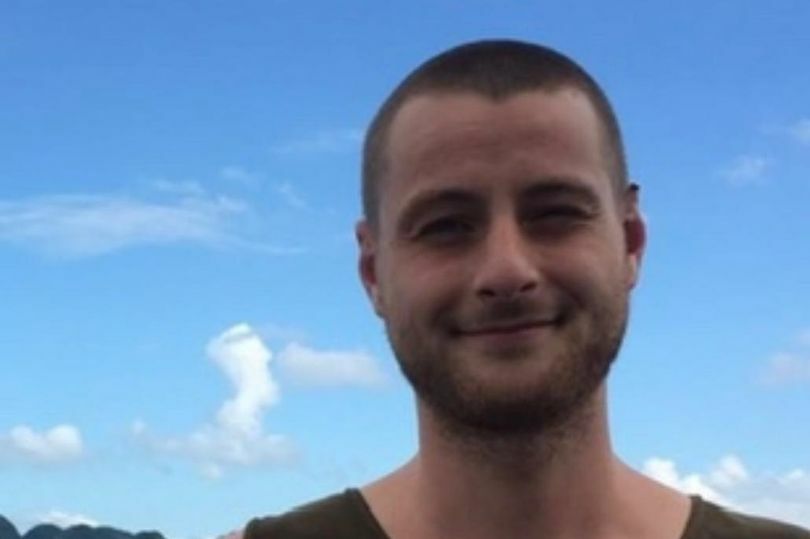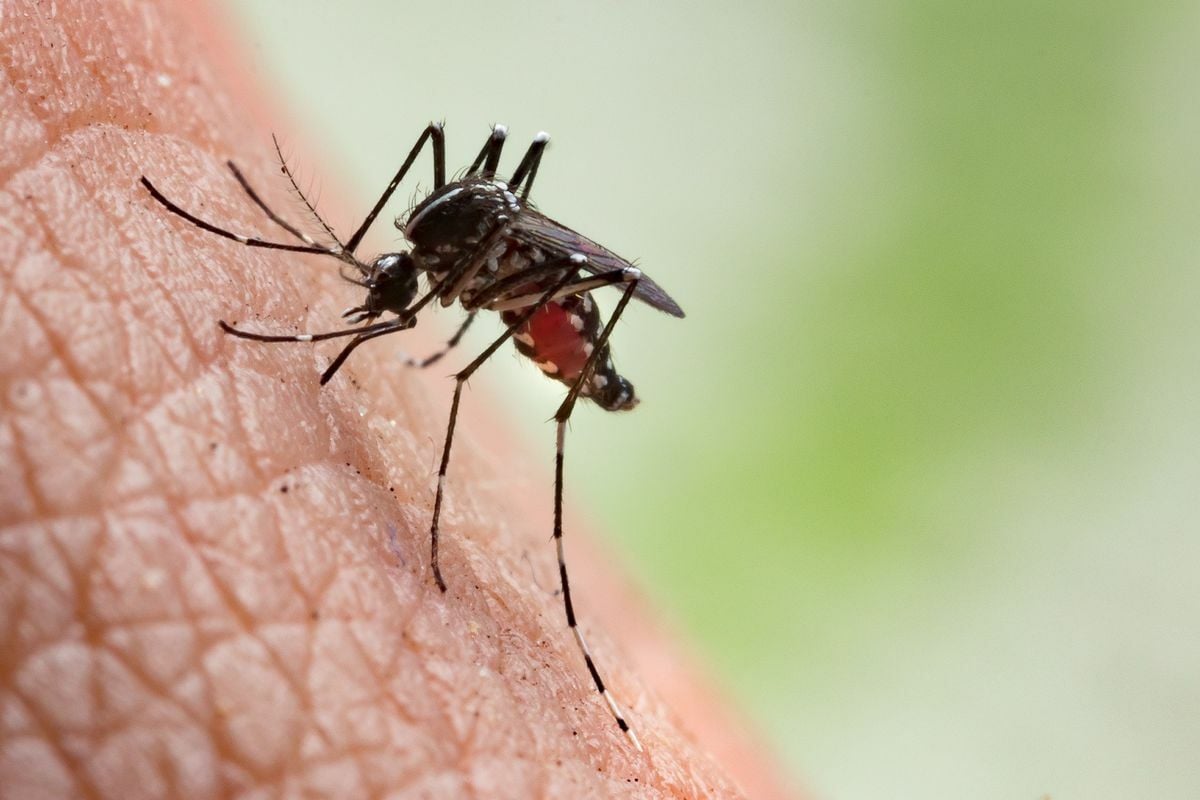British mum’s dengue fever warning after son’s Thai holiday tragedy

A crestfallen British mother urged travellers ahead of the holiday season to be wary of dengue fever after losing her son to the disease while he was on holiday in Thailand.
The heartbroken mother, Jayne Toulson-Burke, recalled the last devastating phone call from her son, Bob, just before he died from the disease several years ago.
The 59 year old revealed her son’s last words after he called to say he was in a hospital in Phuket in December 2016, where he would eventually succumb to dengue fever.
“I’ve got to go now. I can’t breathe and they are putting a tube down my throat.”
Toulson-Burke from Davenport in Stockport made known that it was the last time she ever heard from her son as he died on December 7, 2016.
“He went into a coma and never regained consciousness.”
Patong hospital
Bob took ill on a flight from Laos to Thailand. He and his friends sought medical attention in Patong, where he was initially diagnosed with just flu. Despite being transferred to Phuket for further treatment, he never recovered.
The grief-stricken mother reflected on whether her son’s fate could have been different with better knowledge about the virus.
“I have absolutely no doubt in that. He’s a sensible boy. He wouldn’t take risks. He doesn’t even like heights. He’s a sensible lad. If he had known, if I had known, the outcome would surely have been different because when he first fell ill, he would have insisted on a test.”
She stressed the importance for travellers to recognise the symptoms of dengue fever and to demand a blood test at hospitals to confirm the virus and begin treatment, reported the Manchester Evening News.
The World Health Organisation highlights that around four billion people across 130 countries are vulnerable to dengue, a mosquito-borne virus prevalent in tropical and subtropical areas globally, including some European regions. Travel Health Pro, part of the Foreign Office, issued warnings that dengue is encroaching into areas previously considered disease-free.
Since the beginning of 2024, there have been more than five million reported cases of dengue and over 2,000 deaths linked to the virus as of April 2024.
Dengue fever has surged worldwide, with Asia, Central and South America, and the Caribbean bearing the brunt. Although not endemic in Europe, Travel Health Pro warned that if the environment encourages mosquito populations – the primary carriers of dengue – travel-related spread could result in local outbreaks in parts of Europe where these insects thrive. Several countries, including France, Italy, and Spain, reported local cases in 2023, according to the Foreign Office subsidiary.
Amidst this tragedy, Toulson-Burke was at Liverpool’s passport office sorting out a replacement for her expired document so she could travel to Asia. It was then that the devastating news about her son’s passing reached her ears from another son, Mark, who had hurried to Thailand to be with his dying brother Bob.
Toulson-Burke has turned her grief into an awareness campaign against dengue.
“You might think this only happens in the tropics or Asia. It doesn’t. It’s in Europe now. If Bob had known, if I had known more about this, he would have had more of a chance. People think it won’t affect them, but it may affect them if they travel.”
What is dengue
Dengue is an illness caused by a virus transmitted through the bite of an infected mosquito, primarily active during daylight hours, according to an alert published on Travel Health Pro’s website in early May. There are four distinct types of the dengue virus: DENV-1, DENV-2, DENV-3, and DENV-4.
As per Travel Health Pro, the majority of individuals infected with dengue may not exhibit any symptoms.
Dengue treatments
If illness develops, it typically manifests suddenly with symptoms such as high fever, severe headache, muscle and joint pain, nausea, vomiting, and a rash. Most infections are self-limiting, with rapid recovery usually occurring three to four days after the rash appears.
Are there treatments available for dengue? A small percentage of infected individuals may progress to develop a severe form of the illness, known as severe dengue, previously referred to as dengue haemorrhagic fever. Symptoms of severe dengue include dangerously low blood pressure (shock), fluid accumulation in the lungs, and severe bleeding (haemorrhage). According to Travel Health Pro, all four types of dengue virus infection can lead to either dengue or severe dengue.
Currently, there is no specific drug treatment for severe dengue illness. However, supportive treatments for shock and bleeding are available, which can improve survival rates. Without such interventions, severe dengue illness can be fatal.
Travelling advice
- Travel Health Pro says all travellers, including cruise passengers, who are visiting areas where dengue cases have been reported or where dengue is believed to be present, are at risk of infection.
- Refer to the ‘other risks’ section on Travel Health Pro’s country information web pages to assess the dengue risk at your destination and for specific advice about other health risks.
- Check the Foreign, Commonwealth and Development Office (FCDO) country advice for safety and security information for your destination.
- Consult your GP, practice nurse, pharmacist or travel clinic to ensure all your recommended travel vaccines and UK routine vaccines, including MMR, are up-to-date.
- There is a live, attenuated (weakened) dengue vaccine called Qdenga licensed in the United Kingdom, but it is not suitable for all travellers.

Latest Thailand News
Follow The Thaiger on Google News:


























